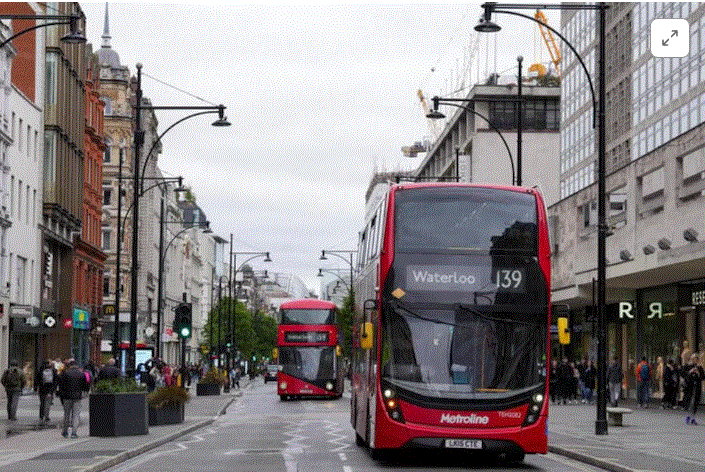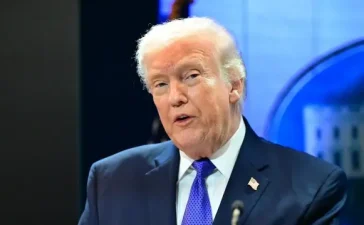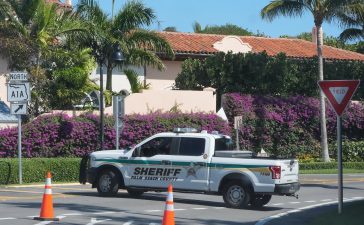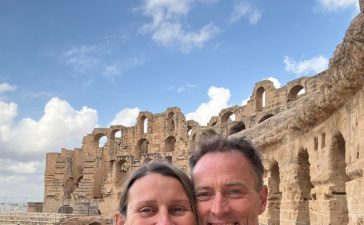Official figures reveal that the United Kingdom’s economy experienced a robust rebound at the beginning of the year, emerging from recessionary pressures. Data released indicates that the UK economy expanded by 0.6% between January and March, marking the fastest rate of growth observed in two years.

The resurgence comes after the UK economy fell into recession last year, following consecutive contractions over two three-month periods. The latest growth figures signal a significant turnaround and offer a glimmer of optimism for economic recovery.
Key factors contributing to the stronger-than-expected growth include increased consumer spending, improving business confidence, and a resurgence in economic activity across various sectors. Additionally, successful vaccination efforts and easing COVID-19 restrictions have provided a boost to economic sentiment.
Yael Selfin, chief economist at KPMG UK. said “the worst is behind the UK economy”. “We expect to see continued growth for the rest of this year,” she added, with falling inflation and rising wages helping “to repair some of the damage to household incomes and support households’ consumption”.
Liz McKeown, director of economic statistics at the Office for National Statistics (ONS), said the economy had seen “broad-based strength across the service industries with retail, public transport and haulage, and health all performing well.
“Car manufacturers also had a good quarter. These were only a little offset by another weak quarter for construction,” she added.
Growth was led by services – that includes sector such as hospitality, arts and entertainment – and was likely to have been helped by an early Easter in March. Last year, it was in April.
The ONS said there was anecdotal evidence from looking at credit and debit card transactions that consumers have been treating themselves to clothing and home furnishings.
Ed Beardwell has owned the RollQuick cycle shop in Bristol for the past 11 months, and says the business “just about breaks even”.
He cites the cost of living as an issue. “People are pretty cost-sensitive in Bristol. An awful lot of bikes get stolen and that keeps down the price that anyone is willing to pay.”
Poor sales during the recession led to a focus on bike servicing, which now accounts for 70% of his turnover.
Mr Beardwell told the BBC that while the winter had been disappointing, business seems to have turned a corner.
“It does feel like things are getting busier and picking up again. When you look at the sales statistics we are down on this point last year but tracking better than at the end of last year.”
While the economy contracted during the second half of last year, the recession was the mildest in recent records. The size of the economy is measured by gross domestic product (GDP), which looks at all the economic activity of companies, governments and people in a country.
Most economists, politicians and businesses want to see GDP rising steadily, because it usually means people are spending more, extra jobs are created, more tax is paid and workers get better pay rises. The debate about the strength of the economic recovery is set to be a central battleground in the general election campaign.
Responding to the latest growth data, the Chancellor, Jeremy Hunt, said: “There is no doubt it has been a difficult few years, but today’s growth figures are proof that the economy is returning to full health for the first time since the pandemic.”
Labour’s shadow chancellor, Rachel Reeves, who earlier this week had accused the government of being delusional about the state of the economy, said this was “no time for Conservative ministers to be doing a victory lap”.
“After 14 years of economic chaos, working people are still worse off,” Ms Reeves added. Liberal Democrat Treasury spokesperson Sarah Olney said the figures were little cause for celebration.
Source: BBC News







